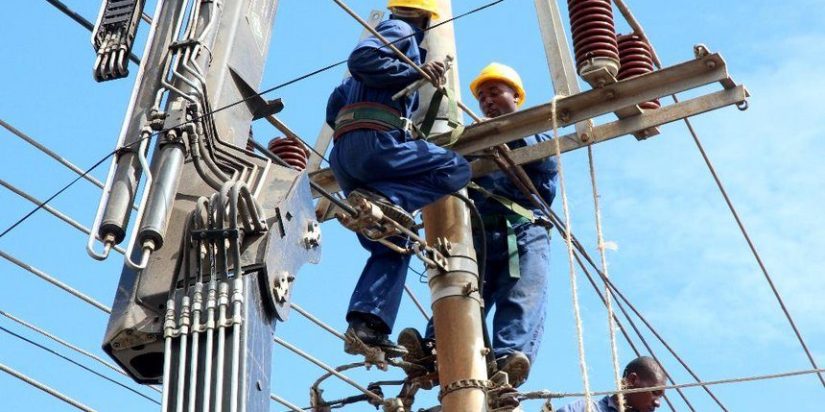
Following the turbulence at Boeing, its rival, Airbus is equally moving to cut 2, 500 jobs within its defence and space division. This significant move aims to streamline the European aerospace giant’s operations as it grapples with ongoing financial difficulties. These job cuts, which represent around 10 per cent of 17,000 jobs — 10% of its global workforce was as a result — delayed the first deliveries of its 777X jet by a year and recorded $5 billion in losses in the third quarter, as the U.
S. planemaker continues to spiral during a month-long strike. This job losses are expected to be implemented by mid-2026.
While Airbus has not provided an official statement, the information comes amidst continued struggles in its defence and space sectors. CEO, Kelly Ortberg, said in a message to employees that the significant downsizing is necessary “to align with our financial reality” after an ongoing strike by 33,000 U.S.
West Coast workers halted production of its 737 MAX, 767 and 777 jets. “We reset our workforce levels to align with our financial reality and to a more focused set of priorities. Over the coming months, we are planning to reduce the size of our total workforce by roughly 10 per cent.
These reductions will include executives, managers and employees,” Ortberg’s message said. Boeing shares fell 1.1 per cent in after-market trading.
The sweeping changes are a big move by Ortberg, who arrived in August at the helm of the beleaguered planemaker promising to reset relations with the union and its employees. Boeing recorded pre-tax earnings charges totalling $5 billion for its defense business and two commercial plane programs. On Sept.
20, Boeing ousted the head of its troubled space and defence unit, Ted Colbert. Boeing, which reports thirdquarter earnings on Oct. 23, said in a separate release it now expects revenue of $17.
8 billion, a loss per share of $9.97, and a better-than-expected negative operating cash flow of $1.3 billion.
On the other hand, Airbus has been facing substantial losses, particularly within its space systems division, where projects like OneSat have suffered from delays and increasing costs. In response, the company launched a wider efficiency review, code-named ATOM, aimed at addressing operational challenges and identifying cost-saving measures, according to AFP. This decision comes at a time when Boeing is also experiencing substantial workforce challenges.
The American aerospace competitor has announced plans to reduce its workforce by 17,000 as part of a broader restructuring plan, driven by financial losses and an ongoing strike by 33,000 workers from the International Association of Machinists and Aerospace Workers (IAM). Boeing’s striking employees are demanding a 40 per cent wage rise over the next four years. Although acting US Labour Secretary Julie Su is mediating the dispute, Boeing is preparing for significant layoffs starting in November, with many in the commercial aviation sector set to receive 60- day layoff notices.
The layoffs at both Airbus and Boeing reflect the financial strain the aerospace industry is currently facing. Airbus’ Defence and Space division has been particularly affected by increasing costs and delays, while Boeing contends with labour disputes and the financial consequences of Covid-19..








